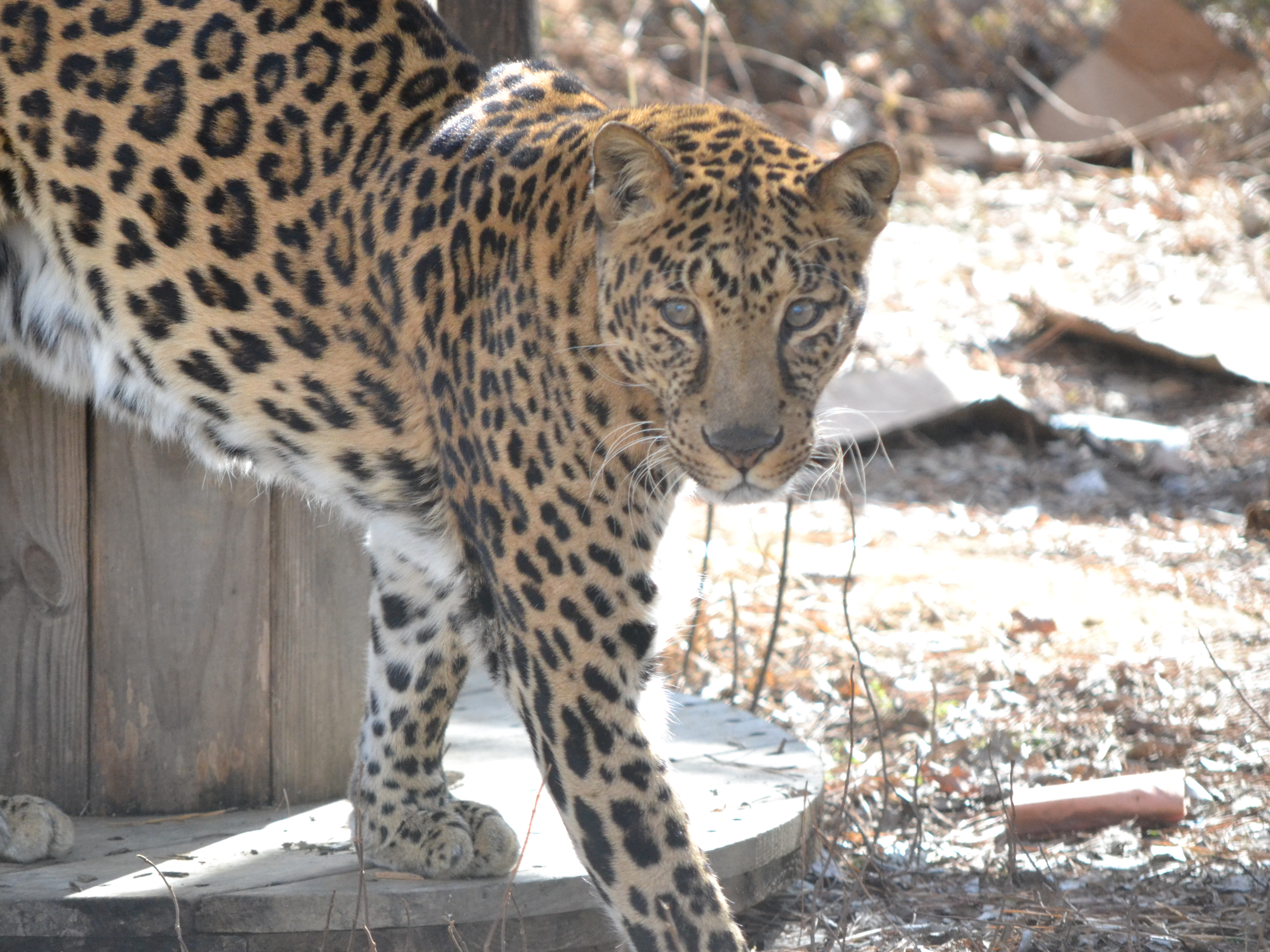
New Guinea singing dogs, also known as New Guinea highland wild dogs, are a rare and ancient breed of canid that is native to the highlands of New Guinea. These wild dogs are known for their unique vocalizations, which have earned them their name. The singing dogs are known to produce a variety of vocalizations, including high-pitched yodels, barks, and whine-like sounds, which are believed to be used for communication with other members of their pack.
Despite their name, New Guinea singing dogs are not domesticated and are considered to be a wild species. They are thought to be one of the oldest breeds of canine, with some evidence suggesting that they may have been present on the island of New Guinea for over 5,000 years. It was thought that they went extinct in the wild in the 1970s, but in 2018, DNA evidence confirmed the presence of a wild group in New Guinea.
These dogs are adapted to life in the highlands of New Guinea, where they are found at elevations ranging from 2,000 to 4,000 meters above sea level. They are known to be agile and athletic, with strong legs and paws that allow them to navigate the rugged terrain of the highlands.
New Guinea singing dogs have a distinctive appearance, which includes a dense, long coat that ranges in color from red to black and brown. These dogs have a small, compact body and a wedge-shaped head with pointed ears. They have a high metabolism and require a diet rich in protein to maintain their energy levels. Their legs, joints, and spine are highly flexible making them skilled climbers.
Despite their ancient origins and unique vocalizations, very little is known about the biology and behavior of New Guinea singing dogs. They are a rare and elusive species and have been difficult to study in the wild due to their remote habitat and elusive nature. However, there have been a few research projects in recent years that have sought to learn more about these fascinating animals.
One of the main challenges facing New Guinea singing dogs is the threat of extinction. These dogs are considered to be critically endangered, with an estimated population of fewer than 200 individuals in the wild. The main threats to their survival include habitat loss and degradation, as well as hybridization with domesticated dogs. Conservation efforts are underway to protect and preserve this ancient breed, including efforts to establish captive breeding programs and to promote awareness about the important of preserving the New Guinea singing dog.

Cantata is the only New Guinea singing dog that lives at Carolina Tiger Rescue. Cantata was rescued from a closing roadside zoo in Maryland. Following years of animal welfare violations, a legal settlement with this roadside zoo (Tri-State Zoological Park) was reached and 65 animals found safe, appropriate forever homes at reputable zoos and sanctuaries around the country. This five-day rescue, led by PETA, opens the door for us to continue our mission of rescuing wild cats and other carnivores in need while working with larger, nationwide organizations that have greater reach.
From the moment she arrived at the sanctuary, Cantata has been a confident animal. She trotted around quarantine checking out her new surroundings, as if she had been at the sanctuary her entire life. She loves attention and always has words for the keepers if they don’t stop and give her treats!







